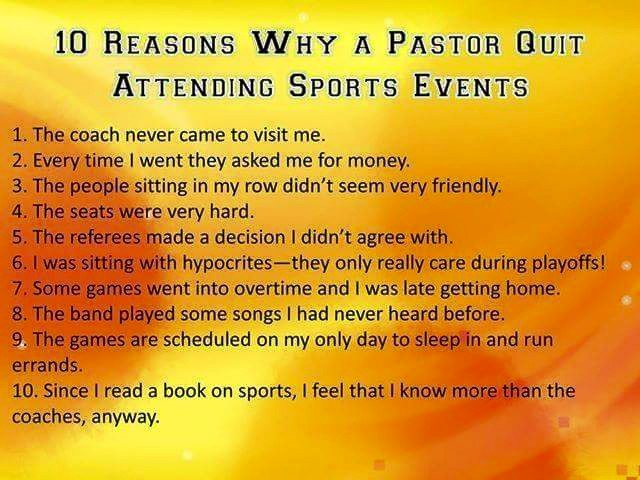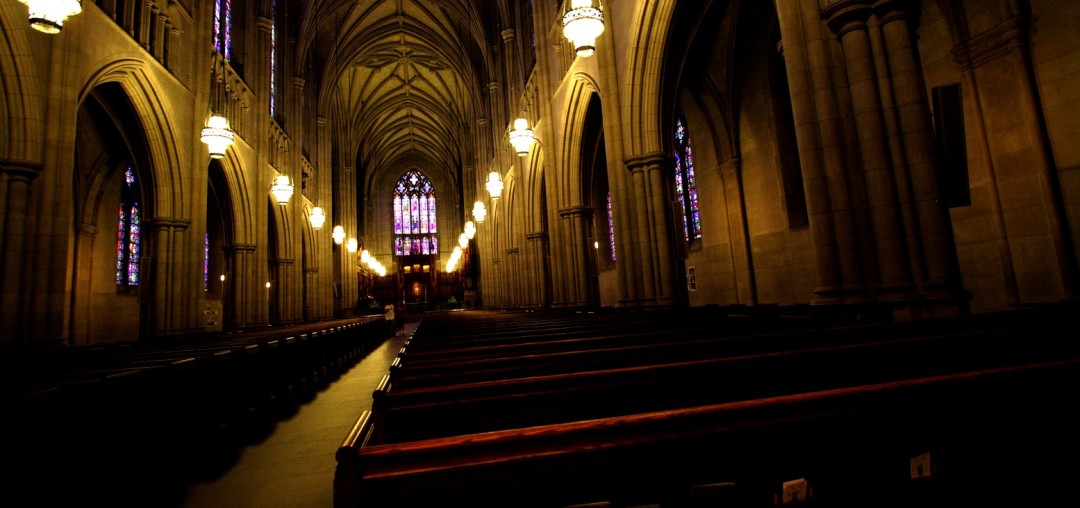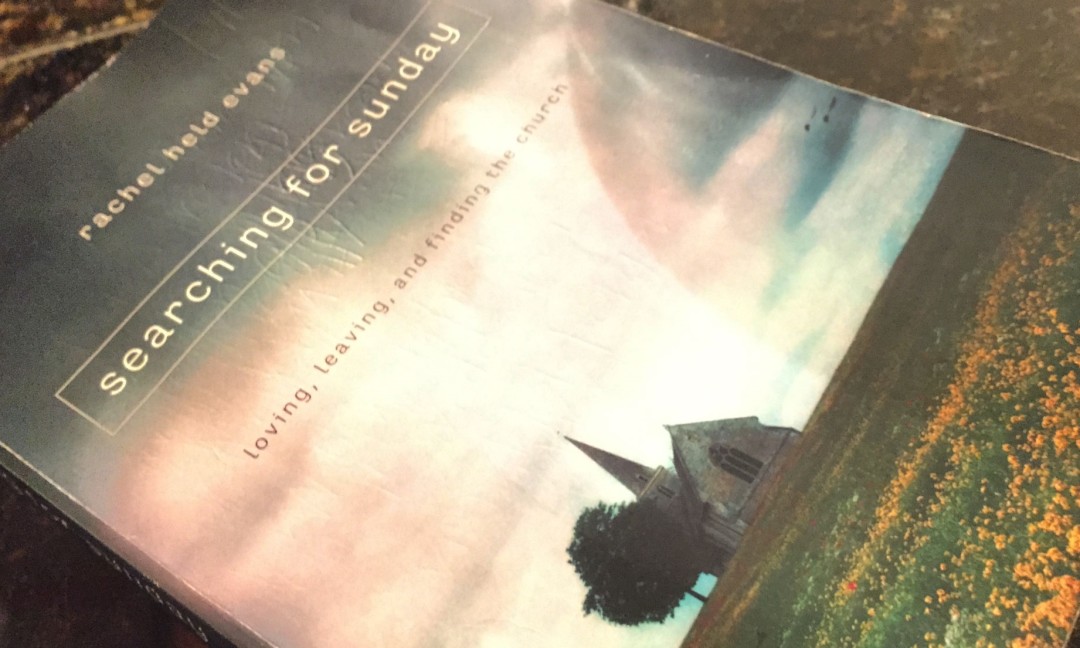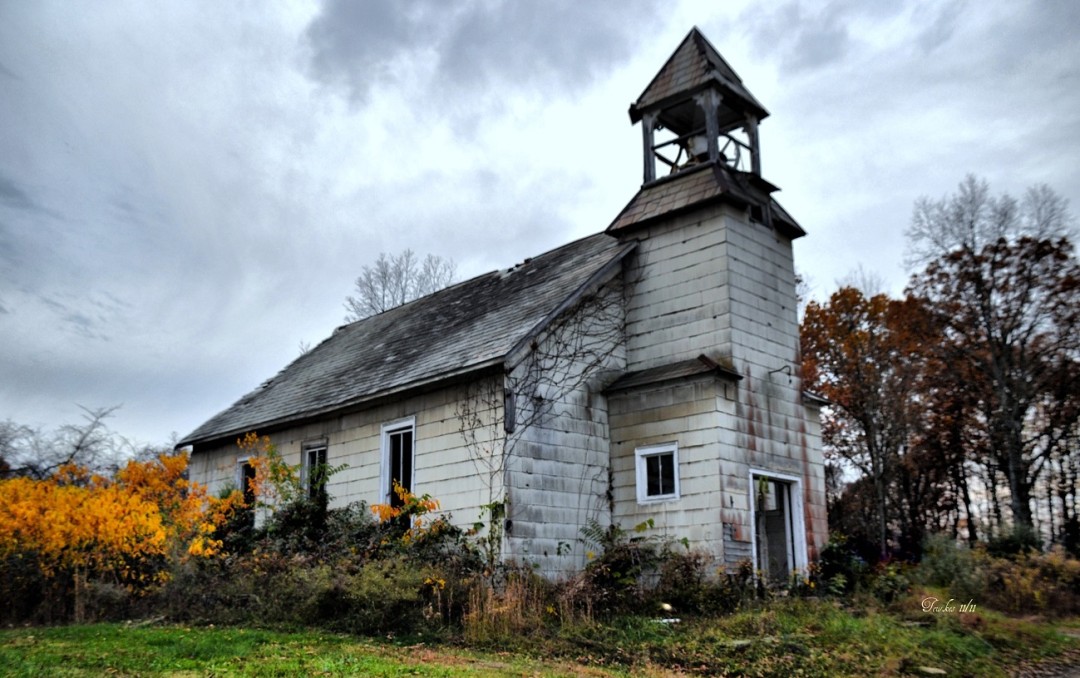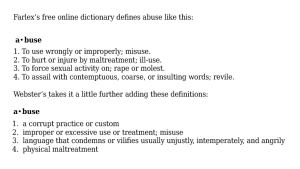[content note: trauma, recovery, PTSD]
I’m almost twenty-nine years old. For fourteen years, around half my life, I experienced abuse in various ways. I was physically abused as a child and teenager. I spent my teen years in a spiritually abusive church where I was emotionally, verbally, and spiritually abused by almost every significant adult in my life. I was sexually assaulted twice as a teenager. As an adult I was in an abusive intimate relationship– the emotional and verbal abuse was intensified, and sexual assault and rape became the backdrop to my life. I went to a fundamentalist Christian “college,” where the spiritual abuse continued.
I didn’t escape abusive environments or relationships until I was twenty-three. I’ve been out for almost six years, but didn’t really start attempting to work through everything until four years ago, and I didn’t start making any real progress until two years ago. The healing process is slow, and sometimes excruciating. One of the counselors I went to a few times– the one who told me I was a “poisoned well” and I shouldn’t consider dating Handsome— said that healing would be like “unkinking a hose,” and a more understated metaphor I’ve yet to find.
Over the past few years, I’ve met a lot of people with stories like mine. For many of my friends, peers, and colleagues, we spend a lot of time looking for help, looking for things to help our lives make sense. In that search, I’ve frequently bumped into books, lectures, seminars, tapes, YouTube videos, blog posts, etc, that all talk about healing from abuse and trauma. The problem I’ve encountered is that many of those things aren’t honest about what this process looks like.
They’re not deceptive, by and large, but they do tend to leave one with the impression that healing is a gradual slope upward, and that it leads to peace and recovery. They paint a hopeful picture filled with grace, compassion, and love– and to be perfectly honest, I think those sorts of resources are needful.
But, when I’m looking in the eyes of one of my dearest friends who feels utterly lost and confused because “hasn’t it been long enough? Shouldn’t I be better than this?”– or other women who are beating themselves up one side and down the other because they “don’t want to be a victim,” and they want to “move on” … I have to look at them and say that
I don’t think better looks like other people’s “normal.” I don’t think you can move on.
Better looks like me cleaning out my bathtub. A fleck of mold got on my hand, and I started screaming. Handsome came into the bathroom to find me curled up in the fetal position with my hand stretched out as far away as I could get it. He carried me out of the bathroom and washed my hand for me in our kitchen sink while I sobbed, then tucked me into bed and cuddled with me for an hour before I could even talk.
Better looks like me washing my hair before every road trip and packing dry shampoo. It looks like me standing in the shower at a hotel, shaking and trying not to scream when the shower curtain touches me, while Handsome washes my body and I keep my eyes screwed tight trying to pretend that we’re at home.
Better looks like Handsome and I getting ready for bed, and he takes off his belt and folds it in half to he can hang it up– and I jump away from him and cringe. I don’t know what, but something about his hand movements has my body convinced that I’m about to be hit. He’s never even remotely done anything that could make me think he’d ever hurt me– not with his words, not with his hands. But it doesn’t matter. I jump away from belts.
Better looks like me turning off the subwoofer during Jurassic World because the throbbing bass makes my chest hurt and my anxiety spike.
Better looks like me searching all over my house desperately searching for my cat during my Fourth of July barbecue because as much as I know that she’s afraid of the outdoors and wouldn’t have run away while the door was open, I also know that I won’t be able to convince JerkBrain that she’s ok and still home until I see her for myself.
Better looks like reminding myself to eat even when I’m sick, even when I feel like I don’t deserve to eat. It looks like me playing Farm Heroes Super Saga while I chew and swallow the meatloaf for dinner last night while I try not to think about what I’m doing– hoping I’ll manage to clean my plate this time. It looks like taking small portions when I’m out with family so they won’t ask questions.
Better looks like a nightstand crowded with meds that I take, every day, even though every time I swallow the miracle that makes my days survivable a sliver of myself whispers that if I were a better, more consistent, more hardworking person, I wouldn’t really need them.
Better looks like getting toward the end of the day and telling Handsome “I can’t make any more decisions.” I can’t decide what I want to do, what show I want to watch, what game I want to play, what book I want to read, what snack I want to eat, what blanket I want to cover my legs … so he makes all those choices for me because he cares about me.
Better looks like being thankful for flexeril because I don’t seem to have night terrors anymore, at least not that I can remember. I can’t remember nightmares, and I’ve never been so thankful that I don’t have to relive my rapes once or twice a week any longer.
Better looks like fighting with JerkBrain every workshift because I know that my body needs me to be gentle with it, that working my fingers to the bone does not determine my value and worth as a person. It looks like reminding myself that my employer finds my contributions substantive meaningful, even though I have fibromyalgia.
Better looks like nearly jumping out of my skin every time I see someone who looks my rapist at an airport or national monument because as much as I know that the chances are vanishingly small that I’d actually bump into him anywhere, I can’t shake the idea that maybe just maybe he decided to fly somewhere at Christmas that would take him through that airport.
***
I’ve been afraid to paint this particular portrait of my life because I don’t want to be discouraging. What suffering person wants to be told some of this might be forever? I know all those studies that talk about the long-term consequences of child abuse aren’t exactly uplifting. My brain is fundamentally different because of the beatings I’ve received, because of the times he raped me, because of the hellfire sermons I had imprinted into my bones. I have PTSD, I’m an abuse and rape victim, and those realities aren’t ever going away.
This does look better though. It does. Not better looks like me drinking myself into numbness for three days straight and blaring rock music so loud I couldn’t hear myself think. Not better looks like a panic attack making me vomit in a school hallway. Not better looks like not being able to have sex with my partner. Not better looks like waking up screaming.
I am getting better. I’m not the somewhat-terrifying ball of rage I was a few years ago. Some wounds don’t bleed anymore, some scars have faded. I’m genuinely happier, more content, more at peace. But a large part of why my life is so blissful– and I do often think of it that way– is due to the accommodations I’ve made. I take medications. I play smartphone games to distract me from my anxiety and pain. I spent a ridiculous sum of money on my cat, who we nicknamed “Anxiety Sponge” because holding her makes something in my chest unlock. I walk away from my computer and my phone on the weekends and read fantasy books voraciously.
Healing, in many ways, looks like learning to cope. It means finding crutches and using them. I’ve learned, slowly and painfully, that I can’t meet an impossible standard. I’m never going to be like someone who wasn’t abused for fourteen years.
We got a little beat up by people, by life. If there’s one thing I want every survivor to know, it’s that your hurts are real, and they deserve to be treated. Maybe that means surgery, or walking with a cane, or cortisone injections, or whatever you find that works. Find what works and do it. Maybe, like me, it means smartphone games, taking Xanax with you everywhere, and packing dry shampoo so you don’t have to wash your hair in a strange place.
Whatever it is, it’s ok.





